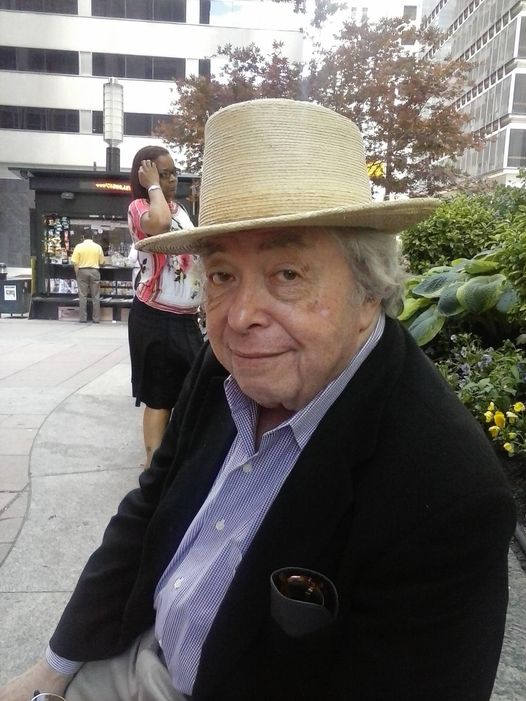Record legend dies, 97
RIPRobert Peter Munves, a record executive who made millions out of old classics, died this week at the age of 97.
Munves walked around with the Columbia and RCA catalogues in his head. He reinvented them as Mozart’s Greatest Hits and Switched-On Bach, using flashy covers and bargain-basement prices. ‘You can call me the P.T. Barnum of the classics,’ he liked to say. He signed letters with all three initials: RPM. ‘They are on every phonograph record,’ he said.






Comments